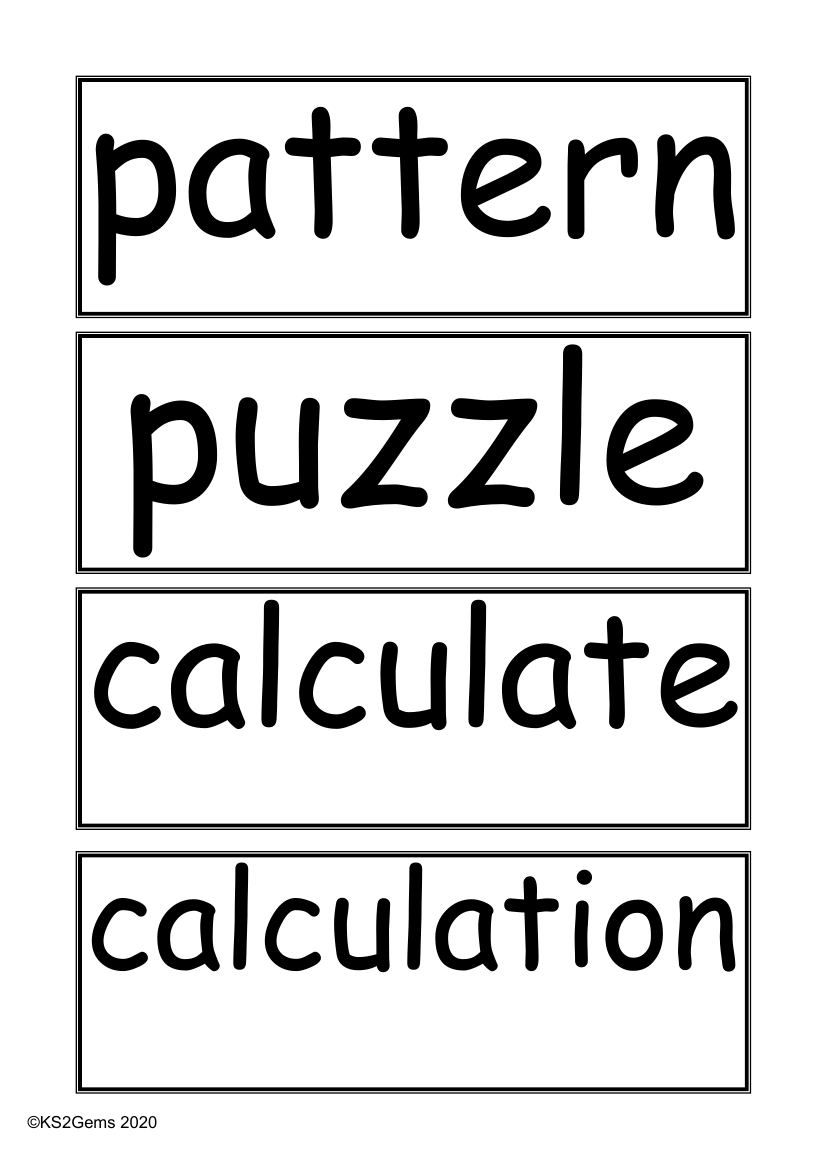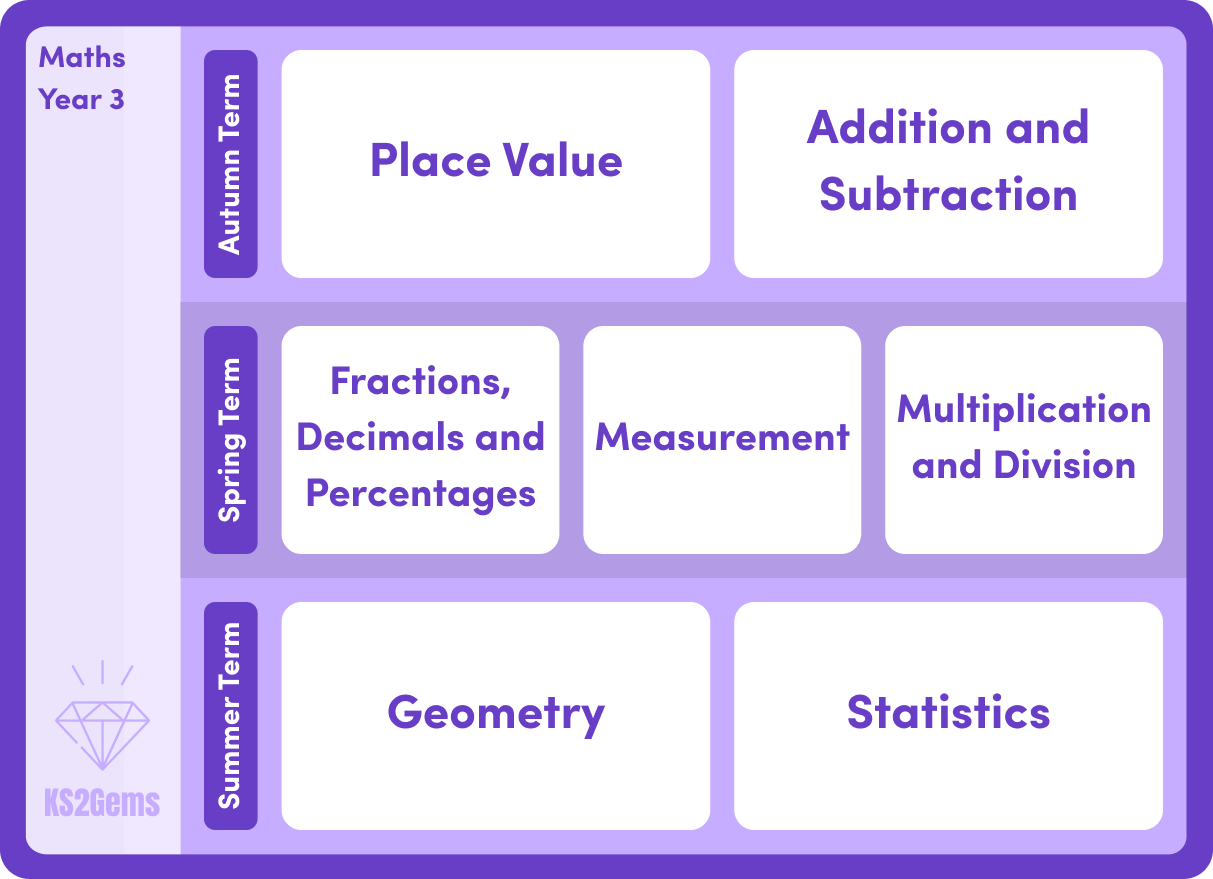Vocabulary - Problem-solving

Maths Resource Description
When delving into the realm of problem-solving, a host of vocabulary terms come into play, particularly within the context of Key Stage 2 learning. Students are often encouraged to identify and follow patterns, which can be fundamental in solving puzzles. The process of reaching a solution typically involves the need to calculate, drawing upon learned methods of calculation. These calculations can be performed mentally or with the aid of jottings to help keep track of the thought process and ultimately arrive at the correct answer.
Understanding the language of mathematics is crucial, and this includes terms such as 'right' and 'correct' when a solution has been found, or 'wrong', which prompts the question, "What could we try next?" Students are encouraged to articulate their methods, explaining "How did you work it out?" This often involves constructing number sentences using appropriate signs for operations. Symbols play a significant role, particularly when forming equations that represent mathematical relationships. In the pursuit of solutions, students are also encouraged to propose ideas or conjectures, which can be tested and refined through mathematical reasoning and exploration.
